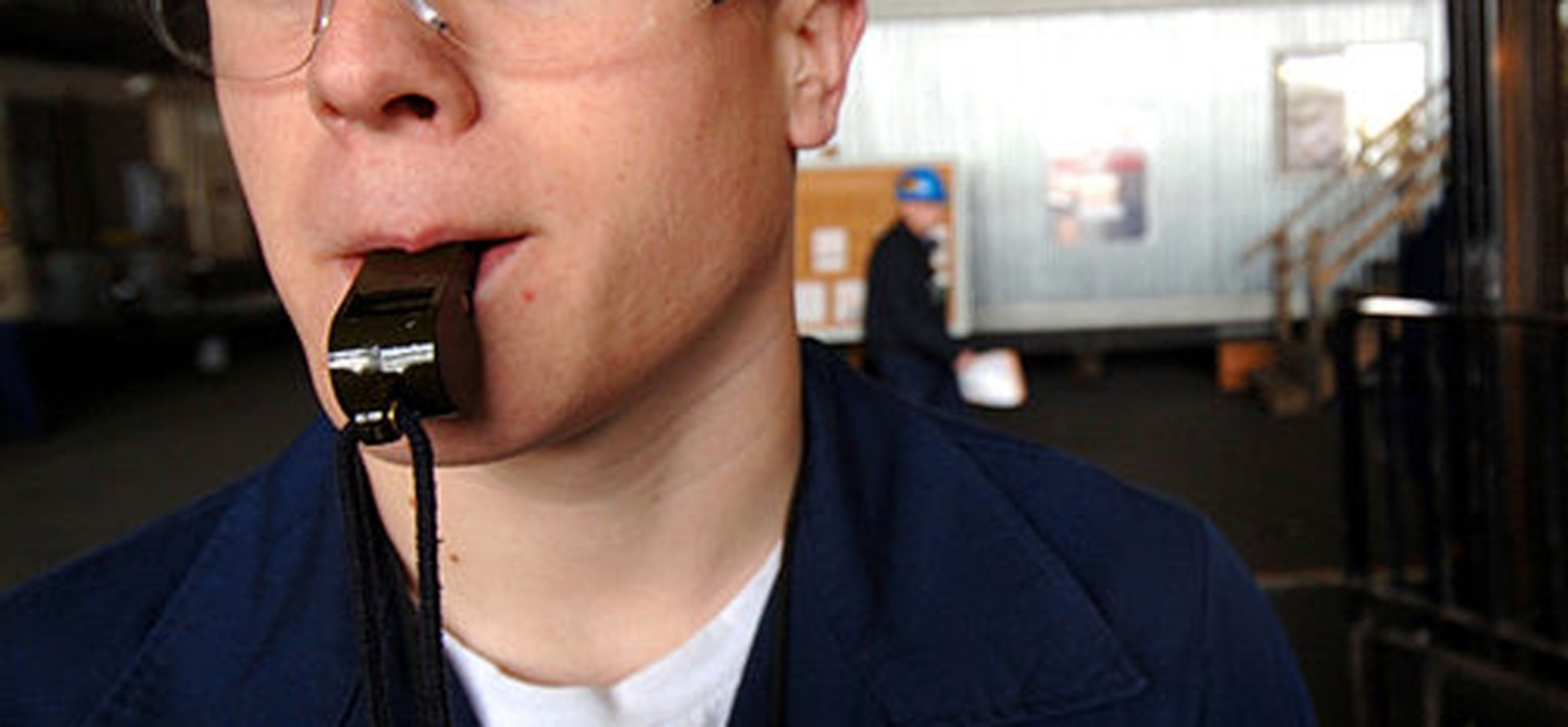
Three Ways of Blowing the Whistle
Scientific fraud is a serious problem. In 2009, Daniele Fanelli from the University of Edinburgh analysed the results of several surveys and showed that around 2 percent of scientists admit to having “fabricated, falsified or modified data or results at least once”. Worse still, around 14 percent of them claimed that their colleagues had done the same.
When cases of fraud and misconduct are discovered, it’s usually through the actions of whistleblowers–peers or partners who take on a big personal risk to out their unethical colleagues. In a new feature for Nature, I and three other writers explore three radically different scientific whistleblowers to try and understand why (and how) they do what they do.
I profiled Uri Simonsohn, a psychologist whom I’ve written about before. He was responsible for outing two recent cases of fraud in psychology, with analytical methods and almost surgical precision. With less than two years, both researchers under suspicion had resigned from their posts.
The other two stories play out very differently. Heidi Ledford profiled a woman whose quixotic quest to expose a colleague has consumed more than a decade of her life. Meanwhile, Richard van Noorden tackles an anonymous whistleblower who has been sending out tips left, right and centre.
I think the tryptich, and the juxtaposition between the different profiles, is fascinating. Have a read.